Power outages can significantly impact businesses, leading to lost productivity, revenue, and potential damage to equipment and inventory. Commercial generator rentals offer a cost-effective solution to ensure continuous operations during unexpected power disruptions or for temporary power needs. Renting commercial generators can save your business money while providing reliable power solutions.
The Ins and Outs of Generator Rental Pricing
Commercial generator rentals come in various sizes and capacities to meet multiple power needs across different industries. A common rental option includes 200 kW generator rentals, most often used in medium to large-scale operations. When considering generator rental prices, it’s important to understand the factors that influence costs:
- Generator size and capacity;
- Rental duration;
- Fuel type (diesel, natural gas, or propane);
- Additional equipment or services (cables, distribution panels, installation); and
- Location and delivery fees.
Generator rental rates typically vary based on the duration of the rental period. Some companies offer flexible pricing models, such as single shift (8 hours/day), double shift (16 hours/day), or triple shift (24 hours/day) rates to accommodate different operational needs. Taking advantage of these flexible rental rates can offer significant cost savings if you only need a temporary power solution.
Cost Savings of Renting vs. Buying Commercial Generators
One of the primary ways commercial generator rentals save money is by eliminating the need for a significant upfront investment. Purchasing a new commercial generator can cost tens or even hundreds of thousands of dollars, depending on the generator’s size, specifications, and installation fees. Renting a commercial generator allows businesses to access the power they need without tying up capital in equipment that may not be used frequently.
Here are some key financial benefits of renting commercial generators:
1. Avoid Large Capital Expenditures
Renting eliminates the need for a substantial initial investment, freeing up capital for other business costs. This is particularly beneficial for companies with limited budgets or those requiring generators for short-term projects.
2. Reduce Maintenance and Storage Costs
Owning a generator comes with ongoing maintenance expenses and the need for storage space. Rental companies handle maintenance, repairs, and storage, saving businesses both money and resources.
3. Access to Latest Technology
Generator technology continues to advance, improving efficiency and reducing emissions. Renting allows businesses to access the latest models without the cost of frequently upgrading owned equipment.
4. Flexibility for Changing Power Needs
As business power requirements change, renting provides the flexibility to scale up or down without the financial burden of selling or purchasing new equipment.
5. Tax Benefits
Rental costs are typically considered operating expenses, which may offer tax advantages compared to the depreciation of owned equipment.
Calculating Generator Rental Cost vs. Purchase Price
To determine whether renting or buying a generator is more cost-effective for your business, consider the following factors:
- Frequency of use;
- Duration of power needs;
- Total cost of ownership (purchase price, maintenance, fuel, storage); and
- Rental costs for equivalent usage.
For example, if a 200 kW generator rental costs $1,000 per day, and you need it for 30 days per year, the annual rental cost would be $30,000. Compare this to the purchase price of a new generator (often $50,000 or more for a 200 kW unit) plus annual maintenance and storage costs. If your power needs are infrequent or short-term, renting is likely more cost-effective.
Scenarios Where Generator Rentals Provide Cost Savings
1. Seasonal Power Needs
Businesses with seasonal power demands save money by renting generators only when needed. The Springs Event Venue in Texas might rent extra power for peak wedding seasons, while Tyson Foods may need generators during harvest or high processing times. This approach avoids year-round maintenance costs for equipment that’s used only for a short time.
2. Construction Projects
Construction sites often need temporary power. Companies like ARL Construction rent generators to manage costs based on project length. This allows them to adjust power capacity as needed during different building phases, ensuring efficient use of resources throughout the construction process.
3. Disaster Recovery
In the aftermath of natural disasters, businesses can quickly obtain emergency power without the long-term financial commitment of purchasing generators. This flexibility is crucial for managing unexpected situations.
4. Backup Power for Critical Operations
For businesses that rarely experience power outages but require backup for critical operations, renting generators for specific high-risk periods (e.g., hurricane season) can be more cost-effective than purchasing and maintaining standby equipment.
5. Testing and Commissioning
When installing new electrical systems or equipment, temporary power may be required for testing and commissioning. Renting generators for these short-term needs is often more economical than purchasing.
Maximizing Cost Savings with Generator Rentals
To ensure you’re getting the most value from your generator rental, consider these tips:
1. Accurate Sizing
Choose a generator that fits your power needs. A generator that is too big for your needs wastes fuel and costs more to rent. On the other hand, an undersized generator might not do the job or could cause your equipment to fail. To find the right size, you can use a Power Calculator. This handy, online tool helps you figure out how much power you need, so you can rent the best generator for your job.
2. Negotiate Rental Terms
For longer-term rentals, negotiate rates with the rental company. Many providers offer discounts for extended rental periods or multiple-unit rentals.
3. Consider Fuel Efficiency
Newer generator models often use less fuel, which can save you money on operating costs. This is especially true for long-term rentals or when you use the generator a lot. You can use a Fuel Consumption Chart to compare how much fuel different generators use. This information can help you pick a generator that’s both powerful and cost-effective.
4. Plan for Maintenance
Rental companies usually take care of maintenance, but it’s smart to schedule regular checks. This helps avoid expensive downtime and keeps the generator working well. Learning some basic maintenance tips can help you spot problems early. Taking care of your rented generator this way can save you time and money.
5. Explore Rental-Purchase Options
Some companies offer rent-to-own programs, which can be beneficial if you’re considering long-term power needs but want to spread out the cost of ownership.
The Option of Buying Used Generators
While renting commercial generators offers numerous advantages, buying used generators presents another cost-saving alternative for businesses with more consistent power needs. Used generators can provide a middle ground between the flexibility of renting and the long-term investment of buying new equipment.
Benefits of buying used generators include:
- Lower initial cost compared to new generators;
- Immediate ownership and availability;
- Potential for resale value; and
- Customization options to fit specific needs.
However, it’s important to consider factors such as the generator’s age, maintenance history, and remaining lifespan when evaluating used equipment. Reputable dealers often offer certified pre-owned generators with warranties, providing additional peace of mind.
For businesses considering this option, many companies offer a selection of used generators for sale, allowing customers to benefit from expertise in both rental and sales markets. This can be an effective solution for those seeking to balance cost savings with long-term power needs.
Understanding pricing is key to making the right rental decision. For additional context on what to look for when renting, check out our article on what to consider when renting commercial generators.
Smart Power Solutions for Your Business
Commercial generator rentals offer significant cost savings for businesses with temporary, seasonal, or infrequent power needs. By avoiding large investments, reducing maintenance costs, and maintaining flexibility, companies can efficiently allocate resources while ensuring reliable power.
When evaluating your power needs, consider use frequency, duration, and total ownership costs. A combination of renting during peak usage periods and purchasing used equipment for baseline needs may provide the most cost-effective solution.
At Stag Power Rentals, we offer reliable and cost-effective generator solutions. Serving Texas, Louisiana, Oklahoma, Alabama, Mississippi, and Florida, we offer a wide range of industrial generator options, flexible terms, and expert support. With emergency deployment, cable rentals, and used generator sales, Stag Power Rentals provides comprehensive solutions tailored to your business.
To learn how we can help your business save money while ensuring reliable power, contact our team at 1-844-STAG-PWR or visit our website to request a quote.



